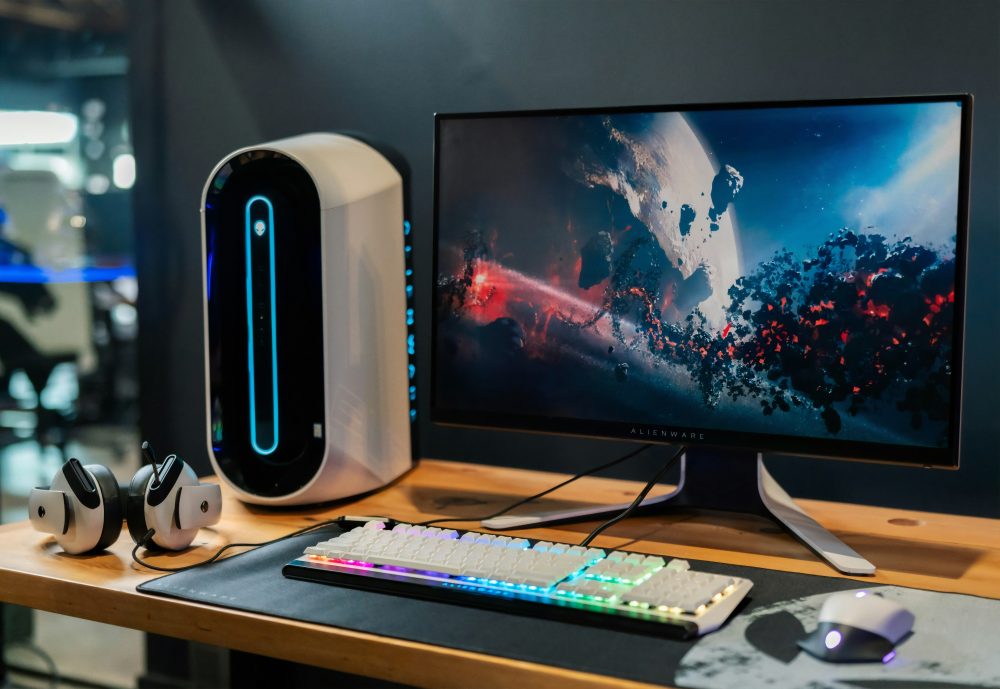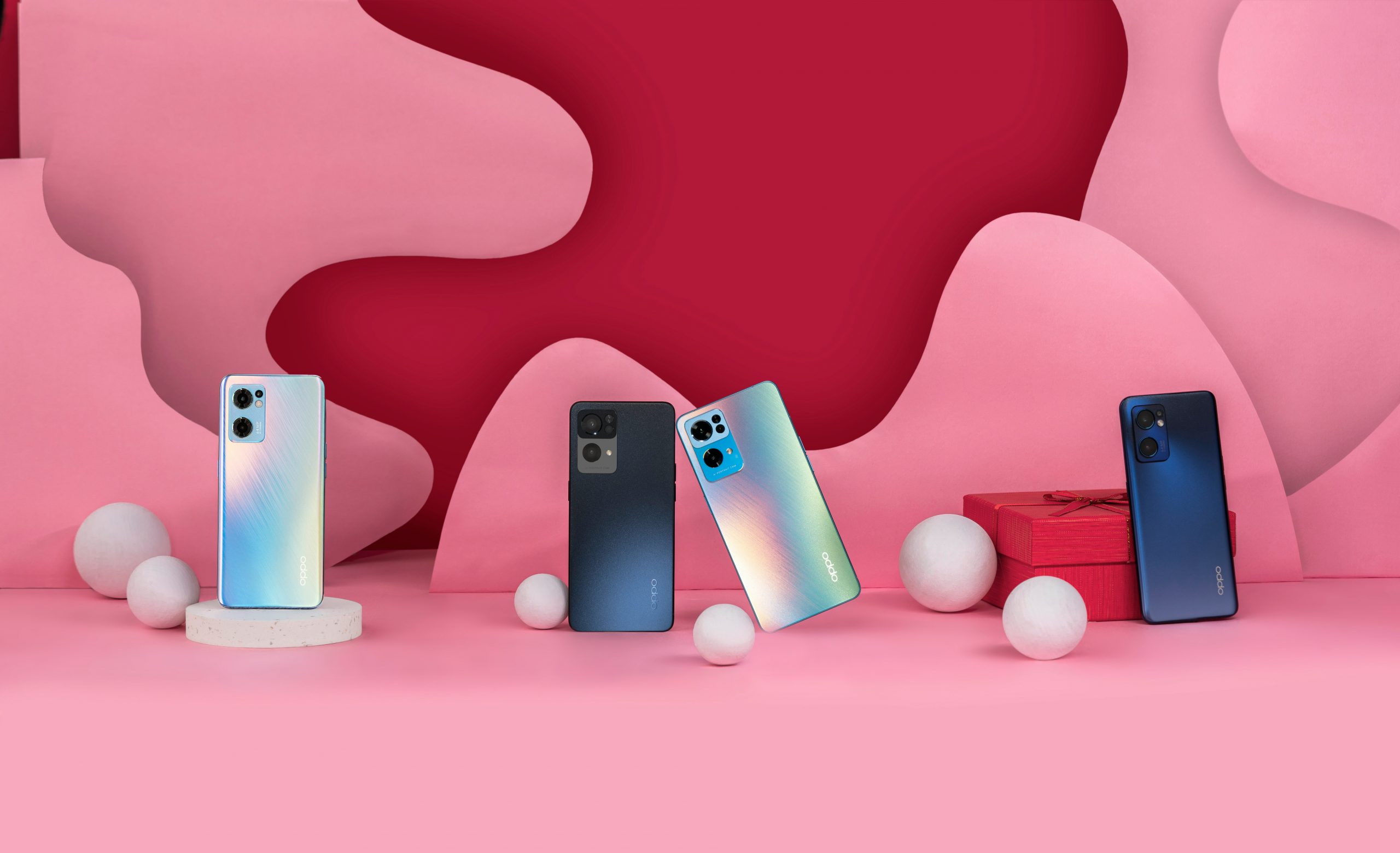How different is mobile gaming from PC gaming?
If you don’t own a dedicated console but want to play digital games, you’ve got two choices: PC or mobile. Each format has unique advantages and offers a distinct experience, and opinions are divided over which is better. Discover the key differences between mobile and PC gaming to identify which could be for you.
- Market size and revenue: Who’s winning?
Video gaming, of which PC gaming is a core element, is a popular pastime globally. In the UK alone, approximately 39 million people play video games, with 60% playing weekly. Video gaming still has the larger of the market, but mobile gaming is rapidly gaining ground, winning over casual gamers who are less likely to invest in exclusive equipment.
Market revenue for mobile games in the UK was projected to surpass £2 billion this year, with the number of UK users expected to be 33 million by 2030. Almost all of us have a smartphone, and more capable, better-connected models are released every year. This means that mobile games are advancing at an equal rate, diversifying across different formats and providing an improved user experience.
The scale of mobile gaming’s reach cannot be underestimated. While PCs remain strong in terms of traditional game sales, mobile gaming has an undeniable advantage in accessibility. Anyone with a phone can become a gamer instantly, whether they are downloading a puzzle app, playing a quick match of a battle royale, or trying their luck with casual casino-style games. This creates a much larger funnel of potential players compared with PC, where the barrier to entry is higher due to the cost of hardware.
- Technical capabilities
While mobile games are becoming more complex, PC gaming still holds the crown in terms of technical capabilities. A computer, in particular one built with gaming in mind, has advanced processes and graphics cards, able to run highly detailed programmes where you have greater control over characters for hours on end with no negative ramifications.
In contrast, smartphones are limited by size and battery life. For this reason, mobile games tend to be shorter and/or simplified so you can play for longer without feeling that the format is lacking in quality. Fun experiences, such asplaying quick rounds of bingo 75 and other casino games or doing speedy brain teasers, work especially well, although special gaming phones are capable of handling more complex options. The advent of cloud gaming is starting to narrow this gap too, allowing players to stream high-performance games.

PC gaming also benefits from customisation. Gamers can upgrade components such as graphics cards, processors, or cooling systems to push their rigs to the limit. This level of personalisation isn’t possible on a mobile device, where you are constrained by the hardware built into your phone. For players who want cutting-edge visuals, ultra-high frame rates, or virtual reality support, the PC still offers an unrivalled platform.
- User experience
One of the major advantages of mobile gaming is its sheer convenience. You can access your games on the go through a device you carry with you everywhere, using mobile data to power programmes even when you can’t connect to Wi-Fi. This flexibility makes it a favourite for those with busy schedules looking for quick-fire entertainment at their fingertips.
If you’re able to commit to a longer session and are prepared to tolerate the extended loading times, there’s no doubt that a computer gives you a better gaming experience. The larger screen and advanced graphics let you celebrate every detail to the fullest, while PC gaming accessories such as headphones with integrated microphone help you to become completely immersed in your chosen digital world.
Another factor in user experience is community. PC gaming thrives on platforms like Steam, Discord, and Epic Games Store, which provide social spaces for gamers to connect, share tips, and form teams. While mobile gaming also has multiplayer titles and social integrations, it often lacks the same sense of depth and persistent online communities that PCs foster.
- Game design & monetisation models
Because mobile gaming has simpler mechanics, developers tend towards easy-to-learn gameplay with bonus features as you level up to keep players engaged. Ads are a typical feature of free-to-play games, and in-app purchases might be promoted as a way to elevate your experience. Upgrades may come with a fee.
PC games typically feature a one-time purchase model, with some offering chargeable expansions or downloadable content (DLC) after launch. They’re priced far more highly than mobile games but ultimately deliver a superior gaming experience.
The monetisation difference is important to note. Mobile developers often rely on microtransactions, where players pay small amounts to unlock cosmetic items, speed up progress, or gain advantages. While this allows free entry, some critics argue it can create a “pay-to-win” culture. PC games, although more expensive up front, tend to feel more balanced once purchased, with fewer interruptions from ads or spending prompts.
Conclusion: Which is right for you?
The debate between PC and mobile gaming isn’t about one being strictly better than the other—it’s about what suits your lifestyle and gaming preferences. If you crave convenience, portability, and quick entertainment, mobile gaming is unmatched. If you’re seeking immersive experiences, technical superiority, and a community-driven environment, PC gaming remains the gold standard.
Ultimately, the lines between the two are becoming increasingly blurred. With innovations like cloud gaming, cross-platform play, and ever-improving hardware, both formats are evolving in ways that bring them closer together. Rather than asking which is better, perhaps the more useful question is: why not enjoy both?




